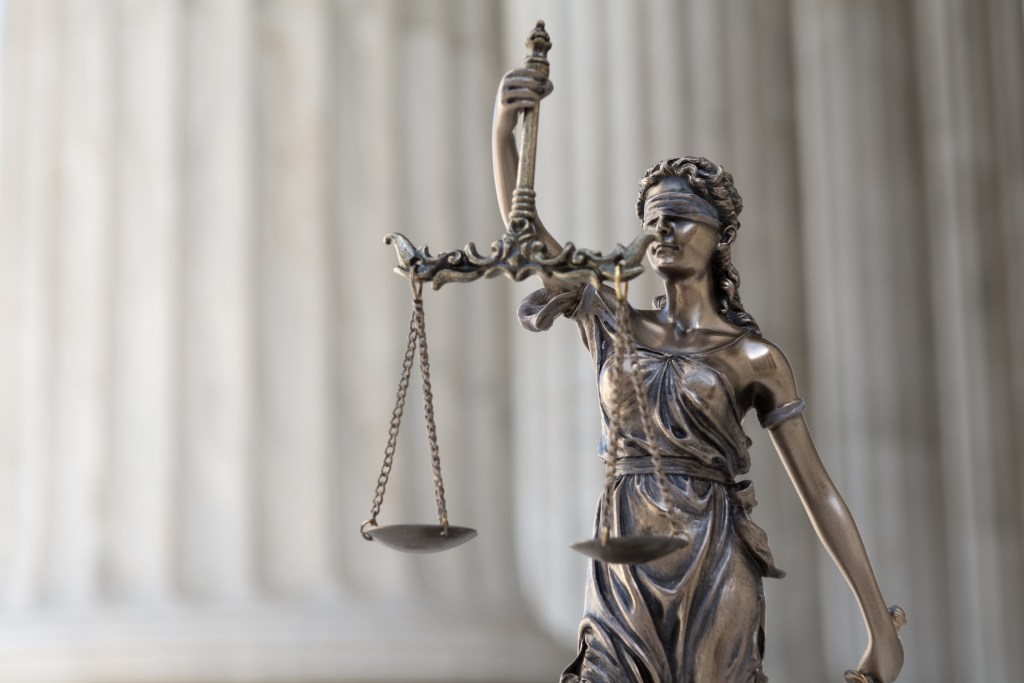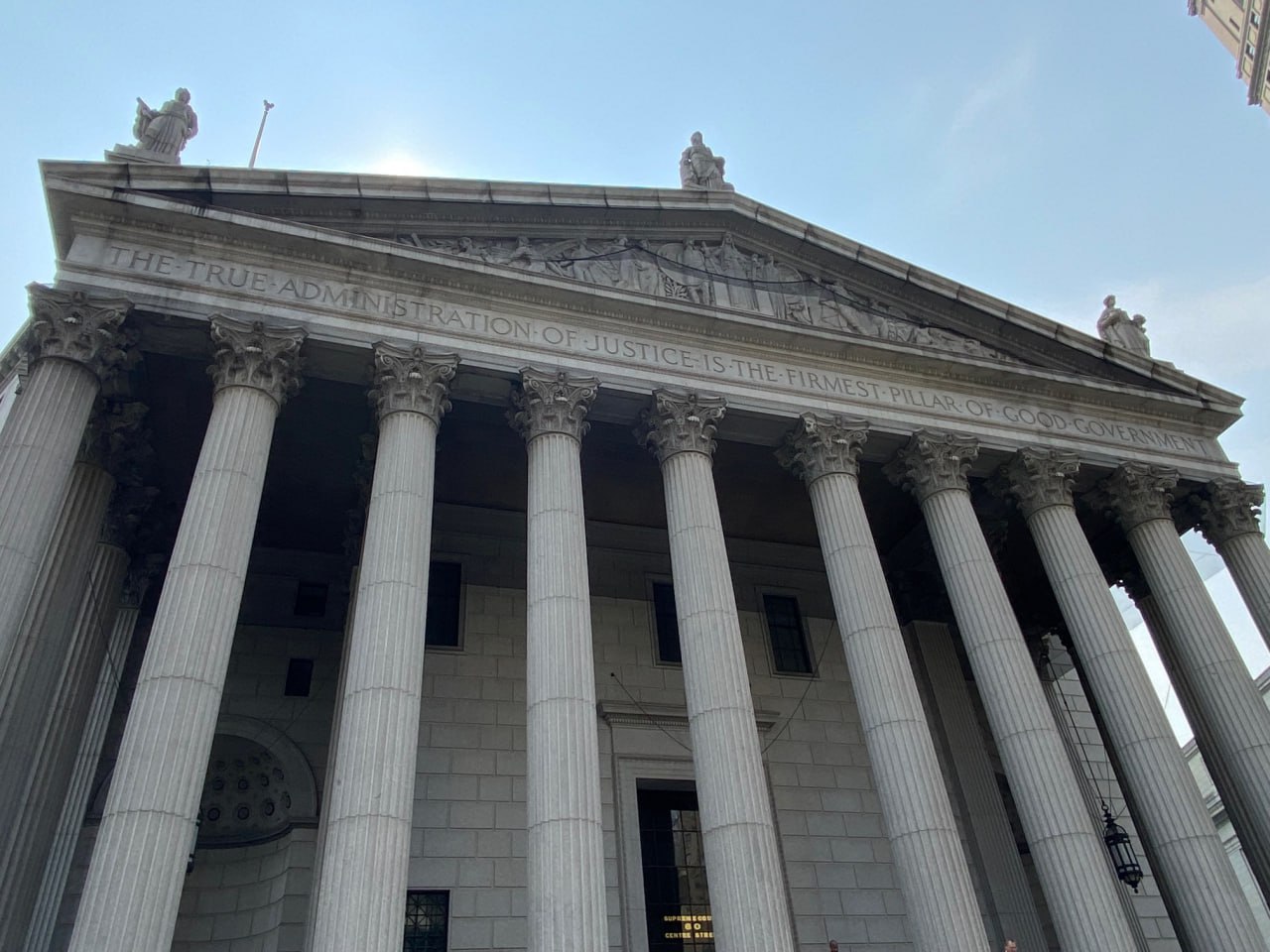Introduction
Whether you are in the early stages of developing a blockchain protocol, you have a fully-designed and ready-to-launch token project, or your exchange processes millions of dollars in transactions each day, you have likely asked yourself at one point or another “Do I need a crypto lawyer?” Perhaps you wanted to ensure compliance with increasingly-complex regulations, or maybe you just wanted advice on the implications of organizing as an LLC. Regardless of how you ultimately chose to answer, the mere fact that this question was asked means the answer is likely yes.
As any entrepreneur knows: time not spent working on the product is time wasted—or so it feels. This is particularly true when the time is spent agonizing over peripheral matters such as regulatory compliance and corporate governance—each of which can consume an unnecessary amount of time. For example, obtaining a money transmitter license can be a Herculean task for even just one state. Innovators developing cutting-edge technology should not be distracted by secondary issues—their time is better spent focusing on the big picture and directly promoting the success of their project.

You have probably hired a secretary to take care of logistics, a software-engineer to write code, or a marketing team to advertise the end-product—all for the sake of their expertise or their ability to save you time. Consulting a lawyer not only provides these promotional benefits, but also provides protectional benefits by shielding you, the company, and the project from avoidable harm. By working with a crypto attorney, not only will you be able to devote more of your energy towards cultivating your product and enjoy the peace of mind that comes with knowing you are regulatory-compliant, but you will also receive advice tailored towards nurturing your business’s specific needs.
Complying with Crypto Regulations
While blockchain technology is finding its place in the global economy, it is also establishing its place within the United States’ legal and regulatory framework. The legal implications within crypto have become so prominent that, according to a recent Wall Street Journal article, “the crypto industry can’t hire enough lawyers.” While this is partially a result of the overall expansion the industry has experienced, it is also a product of the surge in regulations, and the resulting fines, the industry has faced.
For example, in June 2020, Telegram settled charges with the SEC for a civil penalty of $18.5 million and disgorgement of $1.224 billion in relation to its unregistered offering of digital tokens. Later in October, Larry Dean Harmon—operator of Helix and Coin Ninja—received a $60 million fine from FinCEN for violating anti-money laundering laws. Clearly, it is no question that regulatory agencies have enhanced their scrutiny on the crypto industry in recent years.
Why You Need to Know a Lawyer
As the crypto industry continued to blossom over recent years, regulators at both the state and federal level were forced to take notice. Because of the novelty and uncertainty surrounding crypto, federal regulators felt the need to release guidance clarifying when various crypto activities fall within their jurisdiction, with what seemed to be a different agency releasing new guidance every month. Not only has each agency released various forms of guidance, but each agency continues to revise their guidance, further complicating the process for crypto companies seeking to maintain compliance.

And if federal regulations were not enough to keep track of, each state has their own regulations and registration requirements—which companies are also required to adhere to—that loosely track federal regulations. A quick glance at some of the federal frameworks that have already begun to develop, along with what is to come, highlights the necessity of hiring an experienced attorney to guide your project through this complex web.
The Securities and Exchange Commission (SEC) has a framework for when digital assets may qualify as investment contracts, subject to SEC regulation, under the Howey test. The Financial Crimes Enforcement Network (FinCEN) released guidance for when financial institutions, particularly those dealing with cryptocurrencies, qualify as money services businesses (MSBs) subject to compliance with the Bank Secrecy Act (BSA). The Commodity Futures Trading Commission (CFTC) has a primer detailing their jurisdiction over digital assets. The Financial Industry Regulatory Authority (FINRA) releases a regulatory notice each year encouraging firms to notify FINRA if they engage in activities related to digital assets. While this may seem like a lot to keep track of—and it certainly is—this is but a glimpse into the abundance of different guidelines federal agencies have issued for various corners of the crypto industry.
To further complicate matters, agencies have also begun releasing joint staff statements explaining the overlap between the agencies and their jurisdictions as well as their plans for the future. The Office of the Comptroller of the Currency (OCC), the Board of Governors of the Federal Reserve System (the Fed), and the Federal Deposit Insurance Corporation (FDIC) issued a joint statement on their recent “policy sprints” related to cryptocurrency and their goal to establish coordinated regulation. The SEC and FINRA released a joint staff statement on broker-dealer custody of digital asset securities. Finally, the President’s Working Group on Financial Markets (PWG), along with the FDIC and OCC, released a report urging Congress to enact legislation for stablecoins. Thus, it is clear that whatever guidelines and regulations may exist now are far from the final product, and it is only a matter of time until new crypto regulation is released.
Trying to follow the moving parts for just the few guidelines discussed above highlights how daunting it can be to keep track of all the various regulations. Unfortunately, the complexity will only increase as those seeking to maintain regulatory compliance are forced to harmonize more and more guidelines. By consulting an attorney, this burden is lifted off your shoulders, and you are able to focus your attention on what really matters.
While a thorough analysis of the frameworks is certainly a starting point for understanding regulatory obligations, it is far from a complete picture. Deciding whether an activity is subject to certain regulations requires a deep understanding of not only the framework itself, but also the no-action letters, enforcement actions, and case law on the topic. As crypto lawyers, our sole job is to stay up-to-date on these changes, and to know exactly what does and what does not qualify as an activity subject to regulation.
It is difficult to imagine a crypto project that does not implicate regulations in one way or another. Nearly every token project will require an attorney’s opinion analyzing whether the token is a security under the Howey test or a commodity under the Commodity Exchange Act (CEA). Similarly, every crypto exchange will need an attorney’s input, as they raise exchange concerns under the SEC’s Exchange Act and money service business concerns under the BSA. These examples are just a taste of the many ways in which regulations have touched upon the crypto industry.
Why Your Lawyer Needs to Know Crypto
The ever-changing nature of these regulations requires constant attention by someone who is not only well-versed in the law, but someone who also understands the inner-workings of blockchain technology as a whole. The legal profession has a vast array of practitioners, ranging from hostile takeover lawyers to divorce attorneys to environmental protection advocates. Just as you would not hire an eye surgeon to perform open-heart surgery, it is similarly inadvisable to hire a traditional financial lawyer to perform a legal analysis of a crypto project.
While a traditional securities lawyer may understand the Howey test, they may not understand how various deflationary mechanisms can affect a consumer’s expectation of profit from a token. Or, a lawyer who works with traditional money service businesses may understand what it means to transmit traditional money, but may be lost when it comes to custodial wallets versus non-custodial wallets.

At Kelman PLLC, our Partners have been involved with crypto since its inception and have worked around the world on some of the largest projects in the space. By understanding the many nuances of crypto, we are able to apply the current legal framework to the facts of your specific crypto project and get into the granular details of your business model. By never having to explain the meaning of a “distributed network” or a “staking mechanism,” you will take comfort in knowing the intricacies of your project are understood.
Providing Traditional Legal Services
While understanding the regulatory complexities helps ensure your compliance with the law, it says nothing about considerations relevant to any other business venture. One of the many ways in which lawyers assist businesses is through acting as a consultant to management by, among other things, suggesting a location for headquarters (i.e., governing law), offering the pros and cons of various business structures, reviewing contract templates, and negotiating agreements.
When making a business decision, it is important to take the legal dimensions into consideration as a core part of your strategy. An understanding of the complex interplay of business-legal decisions cannot be gleaned from a quick Google search. The approach to business-legal decisions is far from a one-size-fits-all approach. Rather, collaborating with attorneys who have helped hundreds of crypto companies navigate these murky waters is the best way to form a plan tailored to your specific needs and ensure everything is in order from the start. At Kelman PLLC, our goal is to provide a clear explanation of what the law says and how it applies to you, so we can work together to find the optimal structure for your project.
One of the primary considerations when it comes to your business is its corporate structure. The corporate structure of your business and where you choose to organize determines your tax liabilities, asset privacy, ownership, compliance needs, and control of your project. As evidenced above, the rules around crypto are difficult to traverse and vary from country to country. Further, these rules are in constant flux and subject to change at any time. Thus, it is imperative to consult with an attorney whose sole responsibility is to stay informed on these updates and who can help ensure your plan is the ideal structure for you.
It Doesn’t Hurt to Consult
Regardless of whether you need a securities opinion from an attorney to enable your token to get listed on an exchange, or whether you were wondering about the tax implications of organizing as a Sub-K entity rather than a Sub-S, Kelman PLLC’s attorneys have the experience you need to reach your goals. There is no need to wait until the SEC comes knocking on your door, or your owners are complaining about having to pay self-employment taxes, to reach out to an attorney. Save yourself the headache—and potentially millions in regulatory fines—by proactively retaining a crypto attorney to work with you on your project.
If you are interested in speaking with the attorneys at Kelman PLLC, fill out our contact form here to set up a free 30-minute consultation.
Written By: Alex Forehand and Michael Handelsman
